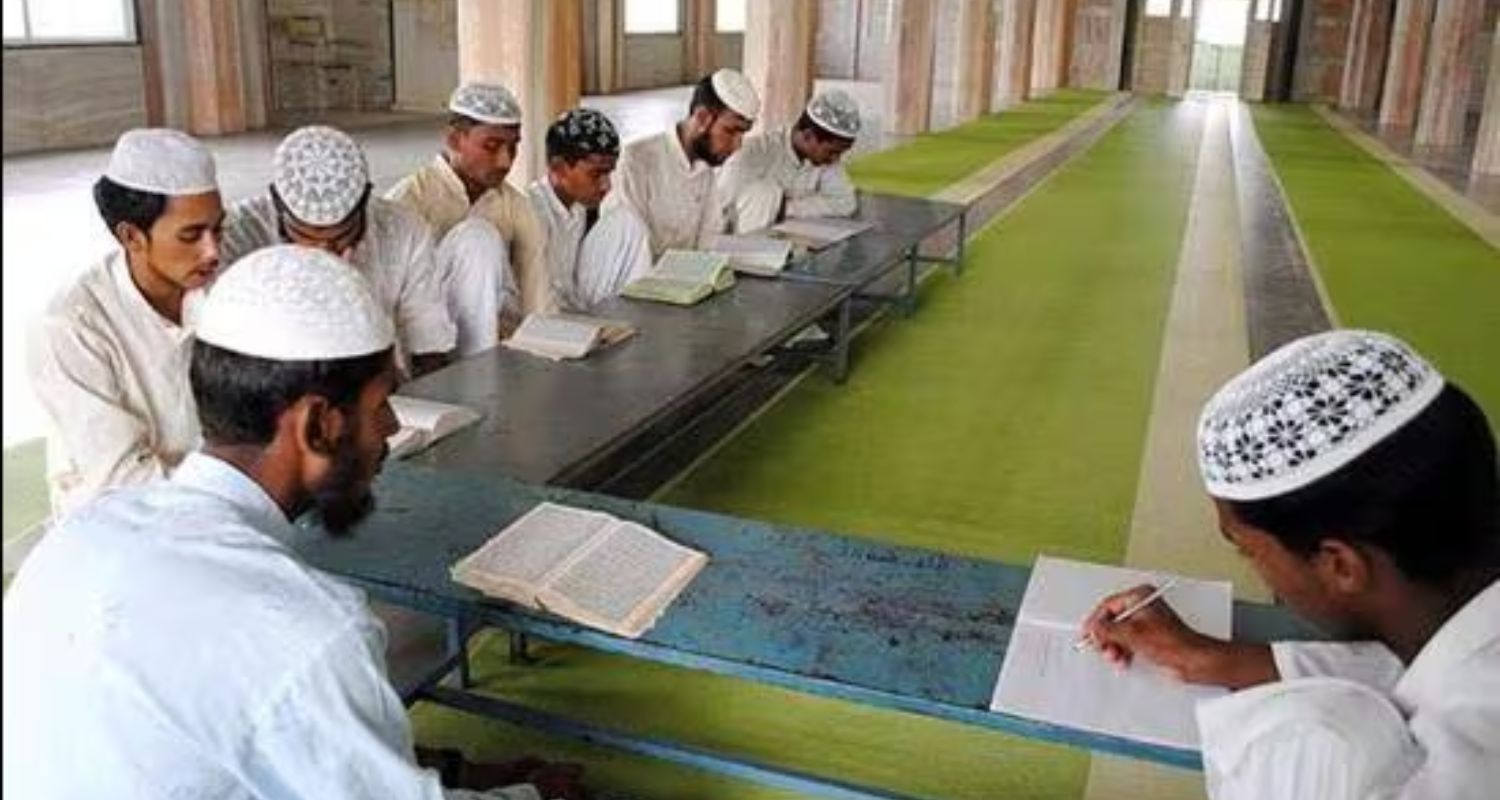The Uttarakhand Waqf Board has launched the state’s first modern madrasa, Dr. APJ Abdul Kalam Modern Madrasa, offering general education based on the NCERT curriculum, along with Sanskrit as an optional subject in addition to Arabic.
Chairman of the Uttarakhand Waqf Board, Shadab Shams, stated that the madrasa, built at a cost of approximately Rs 50 lakh, will begin classes in the upcoming academic session starting March. Located in the Muslim Colony near the Dehradun railway station, the madrasa is part of a larger initiative to modernise education in the region.
To enhance the learning environment, this madrasa has been equipped with modern infrastructure, including well-furnished classrooms, computers, and smart boards. Around 10 smaller madrasas in the area will consolidate their students at this facility for centralised, quality education.

The Waqf Board plans to modernise eight to ten madrasas across the state by year-end. Smaller institutions in nearby areas will be merged into centralised hubs with the best facilities. This move aims to streamline management, optimise resources, and use vacant properties to generate additional income for the Waqf Board.
Under this system, students will follow the NCERT syllabus in the mornings and pursue religious studies, including Quranic teachings, Prophet Muhammad’s lessons, or texts about Lord Ram, in the evenings based on their preferences.
Also Read: Uttarakhand couple suffocates after lighting fireplace
Shams emphasised the vision behind these reforms, stating, “Our goal is to create a united India where all children receive equal education and opportunities to succeed.” The Waqf Board will provide free education, books, and uniforms to students enrolled in these modernised madrasas.
Additionally, for the first time, ex-army personnel will be hired as physical education instructors to promote fitness and instill patriotism among students. Sanskrit teachers will also be appointed as part of the curriculum expansion.
Out of 419 registered madrasas in Uttarakhand, the Waqf Board currently manages 117. The focus, Shams noted, is on fewer but higher-quality madrasas, as the state has an excessive number of such institutions.
Despite opposition from some sections of the Muslim community, who have suggested using the term "school" instead of "madrasa," Shams remains committed to the modernization initiative. Discussions are also underway with Chief Minister Pushkar Singh Dhami to bring all madrasas under the Waqf Board’s control for uniform administration and quality improvements.
Also Read: Uttarakhand: CM Dhami seeks public support for BJP



